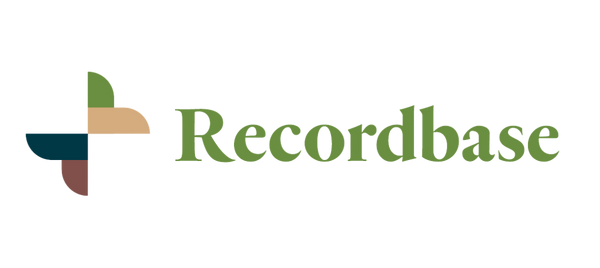
The inflection point:
Putting a social lense on digital health innovation

The recent announcement of health sector reforms, the upcoming development of the national health information platform (nHIP) and the significant shift in digital health innovation following the COVID pandemic response mean we are at a pivotal point for healthcare delivery and access in Aotearoa New Zealand. Right now, we have a unique opportunity to make positive change on a scale we’ve not seen before in our lifetimes.
Digital health solutions will be a significant part of the coming change. Wild Bamboo supported the April 2021 NZHiT report, Hauora, Mauri Ora: Enabling a Healthier Aotearoa New Zealand, which outlines five recommendations to form the building blocks of a new, digitally enabled approach to healthcare.
- Establish and operate a national Digital Health Innovation Network.
- The development of a more effective supplier procurement framework.
- The establishment and operation of a national Digital Health Academy to accelerate digital literacy in the health workforce.
- Renewed focus on engaging and empowering consumers to address inequity of access and health outcomes.
- Promotion of our digital health industry offshore.
As a charitable software development company working in the social sector, Wild Bamboo welcomes these recommendations. We also recognise there is a bit of work to be done to achieve them, and that the unique challenges and concerns of the social sector need to be included in the work that follows.
The proposed innovation network is one example. The network will oversee and enable the adoption of digital innovation in the health and disability sector, with a focus on new digital technology solutions that address high priority needs. It is crucial that the interests and perspectives of the social sector are represented in the network.
It will be important to consider how any new digital solutions will work effectively with multiple agencies. For example, the MSD, MHUD, Oranga Tamariki and ACC all contribute to the health and wellbeing of people using services. The sector is well-versed in the current challenges of dealing with multiple systems, and an innovation network could help explore a fresh approach.
The mindset and values of the social sector also mean many organisations are in a unique position to fully realise the value of interoperability, where the exchange of information between different systems can improve experiences and outcomes. Digital solutions can do more than manage risk and compliance, and the sector is well-placed to become innovators in ways that organisations with commercial interests and restrictions may not.
Innovation is further supported in the report’s second recommendation, to develop a more effective procurement framework. Procurement across the social sector is challenging and cumbersome, and we desparately need a faster, more effective and collaborative decision-making process to scale the things that work, and foster new opportunities. Collaboration can help foster innovation, and Wild Bamboo anticipates working closely with our customers and other key providers to explore different ideas and approaches in this area.
The third recommendation to accelerate digital literacy and skills in the entire health workforce has substantial implications in the social sector. The remarkable work done every day by frontline staff often leaves little time and space to keep up with the rapid pace of technology. At the same time, staying up to speed with the evolution of the digital health landscape is an important way to meet the needs of the people they support.
There is obvious tension in this area, raising the question of how organisations already under pressure to provide services with high contact hours, at a low cost, will carve out space to increase digital literacy and consider innovative new solutions?
Wild Bamboo actively supports initiatives that improve digital literacy, like the mental health and addiction KPI programme. We know that demystifying data can help organisations and enhance service delivery. For example, realtime dashboards can make information more visible to the people that need it, helping them to make more informed decisions every day.
This discussion also includes the digital literacy of the people receiving support. The fourth recommendation in the NZHiT report calls for a renewed focus on creating a digital technology ecosystem that empowers consumers and enables more effective and equitable healthcare services for everyone.
We should absolutely pursue innovative solutions, but they need to be inclusive, and more work is needed to avoid further marginalising vulnerable populations, or creating greater digital inequity. Mental health and addictions organisations in particular face challenges engaging vulnerable people with techology, where digital literacy and access to devices or reliable Internet can be real issues.
Equally, we need to keep exploring how to help people engage with their own health information. Digital literacy plays a part, but so does the cultural responsiveness of the technology, accessibility and usability. If we want to really empower people to be an active participant in their health and wellbeing information and care, we need to open up systems in a way that meets their needs.
Applying a social sector lens to the five digital health recommendations will help ensure the digital health ecosystem we build works well, in all areas. It has the potential to capitalise on the potential of the digital health industry and, ultimately, improve health and wellbeing outcomes for people in Aotearoa New Zealand. We will continue to advocate for the social sector as things progress, and look forward to an exciting future for digital health.
Don't miss out on our latest news and upcoming events!
Be the first to learn about the latest Recordbase updates, upcoming webinars and in-person events, our latest initiatives and industry news. Sign up to receive Pūrongo the Wild Bamboo newsletter delivered straight to your inbox!
